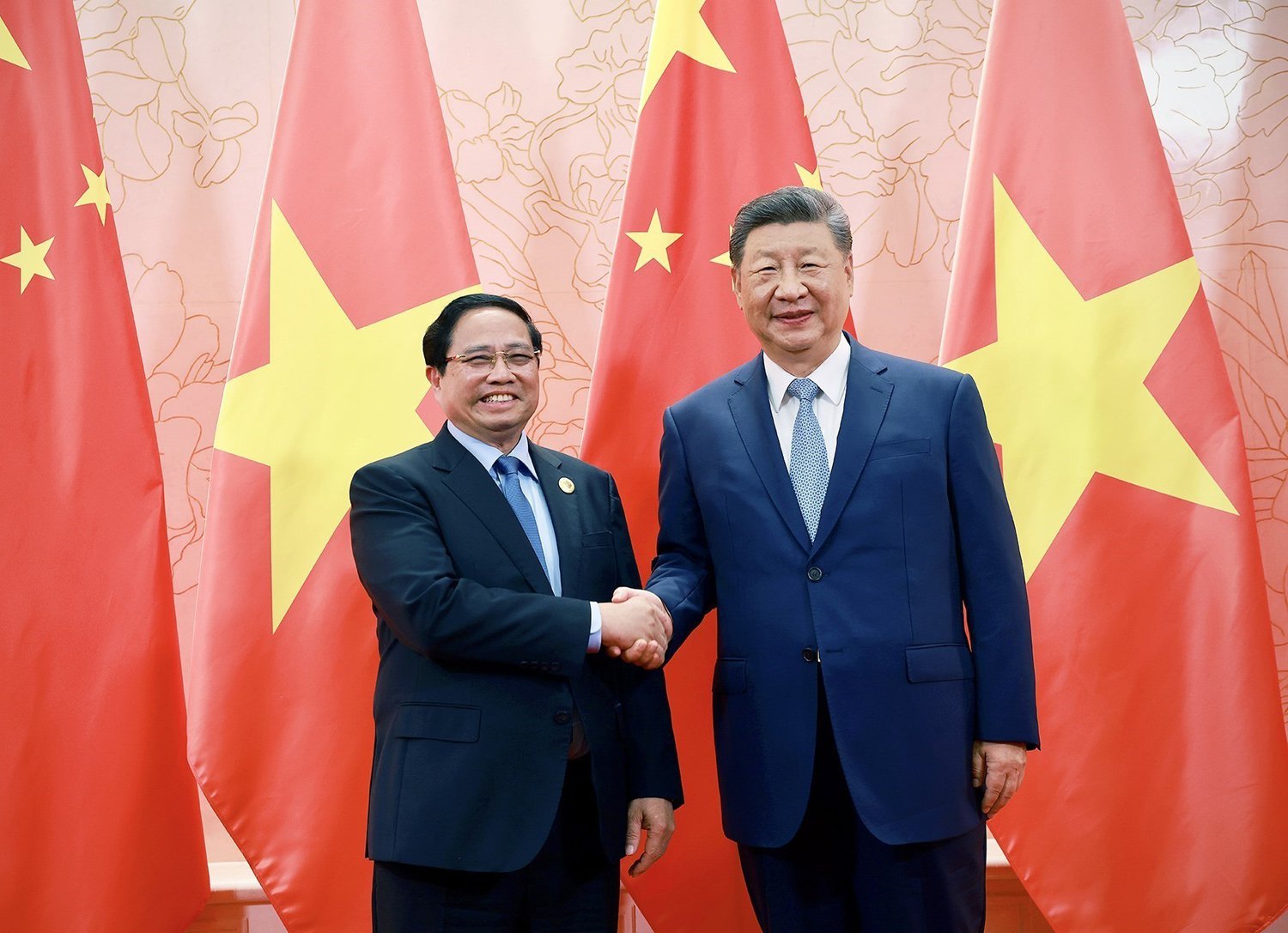
Inheriting and creatively applying Ho Chi Minh's diplomatic ideology of "Being friends with all democratic countries and not making enemies with anyone" (1) , Vietnam persistently implements the foreign policy of "making more friends, less enemies", proactively building friendly and cooperative relations with countries around the world (2) . This is the consistent ideology of Vietnam's foreign policy during the renovation period, clearly expressed in the Party's documents. Based on the spirit of Resolution No. 13 of the 6th Politburo (1988), the 7th Party Congress (1991) officially affirmed the policy: "Vietnam wants to be friends with all countries in the world community, striving for peace, independence and development" (3) . From here, Vietnam's foreign policy of independence, self-reliance, diversification and multilateralization was strongly implemented. Vietnam has accelerated the normalization process, promoting relations with China, the United States, the Association of Southeast Asian Nations (ASEAN), and Western Europe; at the same time, it has begun to develop relations in many aspects with other countries, including Japan, South Korea, Australia, New Zealand, etc.
Since the 8th Congress (1996), our Party has clearly defined the foreign policy motto as "Continuing to implement the foreign policy of independence, self-reliance, openness, multilateralization and diversification of foreign relations, with the spirit that Vietnam wants to be friends with all countries in the world community, striving for peace, independence and development" (4) . At the 9th Congress (2001), for the first time the concept of "partnership" was officially included in the foreign policy orientation, with the policy "Vietnam is ready to be a friend and a reliable partner of countries in the international community, striving for peace, independence and development" (5) . Continuing that spirit, the 10th Congress (2006) proposed an important policy: "bringing established international relations into depth" (6) , opening a period of transition from establishing relations to consolidating and enhancing the effectiveness of cooperation. This policy continued to be affirmed and concretized in the 11th National Congress (2011) and 12th National Congress (2016) of the Party. By the 13th National Congress (2021), the Party's foreign policy has been upgraded to a more comprehensive level, with the orientation: "Promoting and deepening bilateral cooperation with partners, especially strategic partners, comprehensive partners and other important partners", while "valuing the development of cooperative, friendly and traditional relations with neighboring countries" (7) . This development step shows the continuous inheritance and development of the Party's foreign policy thinking, reflecting flexible adaptation to the international context and the country's development requirements in each period.
To date, Vietnam has established diplomatic relations with 194 countries and partnership frameworks with 38 countries, signing more than 170 cooperation agreements in many fields. Among them, China, Japan, South Korea are key partner countries in the Northeast Asia region, three of the 13 comprehensive strategic partners of Vietnam. Accordingly, in recent times, with the orientation of deepening foreign relations, the relationship between Vietnam and these three key partners has achieved remarkable progress. Bilateral relations have been constantly upgraded, not only expanding the scope of cooperation, but also developing strongly in a comprehensive, extensive, proactive and sustainable direction.
Substantial development of Vietnam-China cooperation in many fields
Vietnam and China officially established a comprehensive strategic cooperative partnership in 2008, marking an important development in the history of bilateral relations. Since then, the relationship between the two countries has continuously expanded, achieving many outstanding achievements in almost all fields.
The political relationship between Vietnam and China has been consolidated and developed deeply with regular and flexible high-level contacts maintained in many forms. During the official visit to China by General Secretary Nong Duc Manh in 2008, the two sides established a framework for a comprehensive strategic cooperative partnership. In particular, during the State visit by General Secretary and President of China Xi Jinping in 2023, the two countries agreed to continue to deepen and elevate the comprehensive strategic cooperative partnership and build a Vietnam-China Community of Shared Future. Then, during the State visit by General Secretary and President To Lam (August 2024), the two sides issued a Joint Statement on further strengthening the comprehensive strategic cooperative partnership and promoting the building of a Vietnam-China Community of Shared Future. In addition, many other forms of exchange and contact, such as correspondence, online talks, phone calls, sending special envoys, and meetings on the sidelines of multilateral forums between leaders of the two Parties and two States, have also taken place increasingly closely and effectively.
Substantive cooperation in all fields, especially economics, trade, investment and tourism, has grown by leaps and bounds. Regarding bilateral trade turnover between the two countries, according to Vietnam's data, it has increased 9.7 times, from 20.8 billion USD in 2008 to 205.2 billion USD in 2024. Over the past 20 years, China has continuously been Vietnam's largest trading partner. Since 2016, Vietnam has always maintained its position as China's largest trading partner in ASEAN and since 2020, it has risen to become China's fourth largest trading partner, after the United States, Japan and South Korea.
In terms of investment, by the end of 2008, China's total foreign direct investment (FDI) in Vietnam reached about 2 billion USD, ranking 11th out of 82 countries and territories with direct investment activities in Vietnam. By the end of December 2024, China's FDI in Vietnam reached a cumulative 30.83 billion USD, with 5,111 valid projects. In terms of FDI in Vietnam, China ranked 6th out of 148 countries and territories, accounting for more than 6.2% of total FDI in Vietnam. Many large-scale, high-tech Chinese corporations with the ability to deeply participate in the global supply chain have been present in Vietnam. In terms of tourism, in January 2025, China returned to being the leading market welcoming Vietnamese tourists with 575,000 arrivals (an increase of 54% over the same period in 2024).
Cooperation between the two countries in other areas such as agriculture, transportation, health, culture, and education has all made positive progress. In particular, the Agreement between the two governments of Vietnam and China on the implementation of three standard gauge railway lines has been signed. The Lao Cai - Hanoi - Hai Phong railway project has completed the pre-feasibility study and the National Assembly has approved the investment policy, starting construction in 2025. The two railway projects of Lang Son - Hanoi and Mong Cai - Ha Long - Hai Phong are expected to complete planning work in 2025.
Local cooperation and people-to-people exchanges have been vibrant. The two countries have jointly organized 23 Vietnam-China Youth Friendship Meetings, 3 Vietnam-China Youth Festivals and 12 Vietnam-China People's Forums, contributing to enhancing understanding, consolidating trust and promoting people-to-people exchanges.
The situation on the land border and the Gulf of Tonkin between Vietnam and China is basically stable. The land border is maintained in peace, cooperation and development; exchange and trade activities between the people of the two countries in the border area are generally favorable. The Gulf of Tonkin is clearly demarcated and is an area where bilateral cooperation takes place quite frequently.
Promoting Vietnam - Japan cooperation for peace and prosperity
Vietnam-Japan relations continue to develop strongly and comprehensively in many fields. The two sides upgraded their relationship to “Strategic Partnership for Peace and Prosperity in Asia” in 2009, “Extensive Strategic Partnership for Peace and Prosperity in Asia” in 2014, and most recently “Comprehensive Strategic Partnership for Peace and Prosperity in Asia and the World” (November 2023).
Since the two countries upgraded their relations to an extensive strategic partnership in 2014, high-level delegation exchanges have taken place regularly, contributing to strengthening political trust. Exchanges and cooperation through Party and parliamentary channels have also been promoted.
Japan always attaches importance to and highly values Vietnam's role and position in the region and the international arena. Inviting Vietnam to attend the G20 Summit in 2019 and twice inviting it to attend the expanded G7 Summit in 2016 and 2023 is a clear demonstration of this importance. In the context of Japan actively promoting the implementation of the Free and Open Indo-Pacific Strategy (FOIP), Vietnam is increasingly becoming an important partner in the regional structure that Japan pursues, thanks to its geo-strategic position, independent and autonomous foreign policy, and increasingly prominent role in multilateral mechanisms.
The two countries also strengthen coordination, share positions and cooperate closely in dealing with regional and global issues, such as maritime security, climate change, energy security and supply chains. Vietnam and Japan maintain effective cooperation at international organizations, forums and multilateral economic and trade cooperation mechanisms, such as the United Nations, ASEAN, the World Trade Organization (WTO), the Asia-Pacific Economic Cooperation Forum (APEC), the Comprehensive and Progressive Agreement for Trans-Pacific Partnership (CPTPP), the Regional Comprehensive Economic Partnership (RCEP)... This demonstrates consensus on strategic vision, common interests, as well as commitment to promoting multilateralism, free trade and a rules-based international order.
Many dialogue mechanisms between Vietnam and Japan have been established, upgraded and implemented more and more effectively, reflecting the extensive and comprehensive development of bilateral relations in many fields, such as the Vietnam - Japan Cooperation Committee, the Joint Committee on Trade, Energy and Industry, the Ministerial-level Dialogue, the Vietnam - Japan Strategic Partnership Dialogue at the Deputy Foreign Minister level, the Defense Policy Dialogue at the Deputy Minister level and the Security Dialogue at the Deputy Minister level.
Currently, economic, trade and investment cooperation continues to be a bright spot and main pillar in the Vietnam-Japan relationship. Japan is one of Vietnam's leading economic, trade and investment partners.
Japan was the first G7 country to recognize Vietnam's market economy status (October 2011), and the two countries have granted each other most-favored-nation status since 1999. The two countries are participating in new-generation free trade agreements, such as CPTPP and RCEP.
Trade turnover between Vietnam and Japan has grown steadily, with the trade balance remaining relatively balanced. Japan is Vietnam's fourth largest bilateral trade partner with total bilateral trade turnover reaching 46.2 billion USD in 2024, up 2.7% compared to 2023. Of which, Vietnam's exports to Japan will reach 24.6 billion USD, while imports from Japan will reach 21.6 billion USD.
Japan has always maintained its role as one of the largest foreign investors in Vietnam. As of January 2025, Japan had 5,512 valid projects, with a total registered investment capital of 78.3 billion USD, ranking third after South Korea (92.1 billion USD) and Singapore (84.1 billion USD) out of 149 countries and territories investing in Vietnam. In the opposite direction, Vietnam currently has 124 investment projects in Japan, with a total registered capital of 20.4 million USD.
Currently, Japan is the largest official development assistance (ODA) provider to Vietnam, with a total cumulative value of about 3,000 billion yen by 2024, accounting for about 26% of the total ODA of the international community for Vietnam. In particular, the two countries are actively promoting the implementation of the New Generation ODA Program with the signing of the first exchange note of aid worth 50 billion yen in May 2025, opening a new era for ODA cooperation between the two countries.
Regarding labor cooperation, currently among the 15 countries sending workers to Japan, Vietnam is the country sending the largest number of workers. Currently, about 345,000 Vietnamese workers are working in Japan, actively contributing to the socio-economic development of both countries.
Cooperation between Vietnamese and Japanese localities is increasingly vibrant and substantive, becoming a bright spot in bilateral relations. To date, more than 100 pairs of localities have signed cooperation agreements in many areas, such as investment, trade, labor, training, cultural exchange and people-to-people exchange. Currently, more than 600,000 Vietnamese people live, study and work in Japan and more than 20,000 Japanese people live, study and work in Vietnam, contributing to enhancing understanding and connection between the two peoples.
Affirming the comprehensive strategic partnership between Vietnam and Korea for sustainable development
After more than 30 years of establishing diplomatic relations, the cooperative relationship between Vietnam and Korea has developed strongly and comprehensively. Political trust has been constantly strengthened, and cooperation in all fields has become increasingly in-depth, substantive, and effective. The friendship and people-to-people exchange between the two countries have become increasingly close, contributing to creating a sustainable foundation for bilateral relations.
Vietnam and the Republic of Korea have upgraded their bilateral relations from “Strategic Cooperative Partnership” (2009) to “Comprehensive Strategic Partnership” (2022), thereby creating a foundation to promote comprehensive, extensive and effective cooperation in many fields. Exchanges of high-level delegations as well as between ministries, branches and localities have been vibrant and flexible, contributing to consolidating political trust. The two sides have increased consultation and coordinated stances at regional and international forums of mutual interest, especially during the period when Vietnam assumed the role of a non-permanent member of the United Nations Security Council (2020 - 2021), coordinator of ASEAN - Korea relations (2021 - 2024), and ASEAN Chair (2010, 2020). Cooperation in the defense industry has developed increasingly substantially. At the same time, the two countries expanded cooperation in cyber security, preventing and combating high-tech crimes and transnational crimes.
Economic, trade and investment cooperation has always been a bright spot and one of the most important pillars in the relationship between Vietnam and Korea.
The two countries have become each other's leading economic partners. Bilateral trade turnover has grown dramatically, from 0.5 billion USD in 1992 - the time of establishing diplomatic relations - to 86.7 billion USD in 2024, an increase of 173 times. The two sides have signed the Vietnam - Korea Free Trade Agreement (VKFTA), are members of regional trade cooperation frameworks, such as RCEP, ASEAN - Korea Free Trade Agreement (AKFTA).
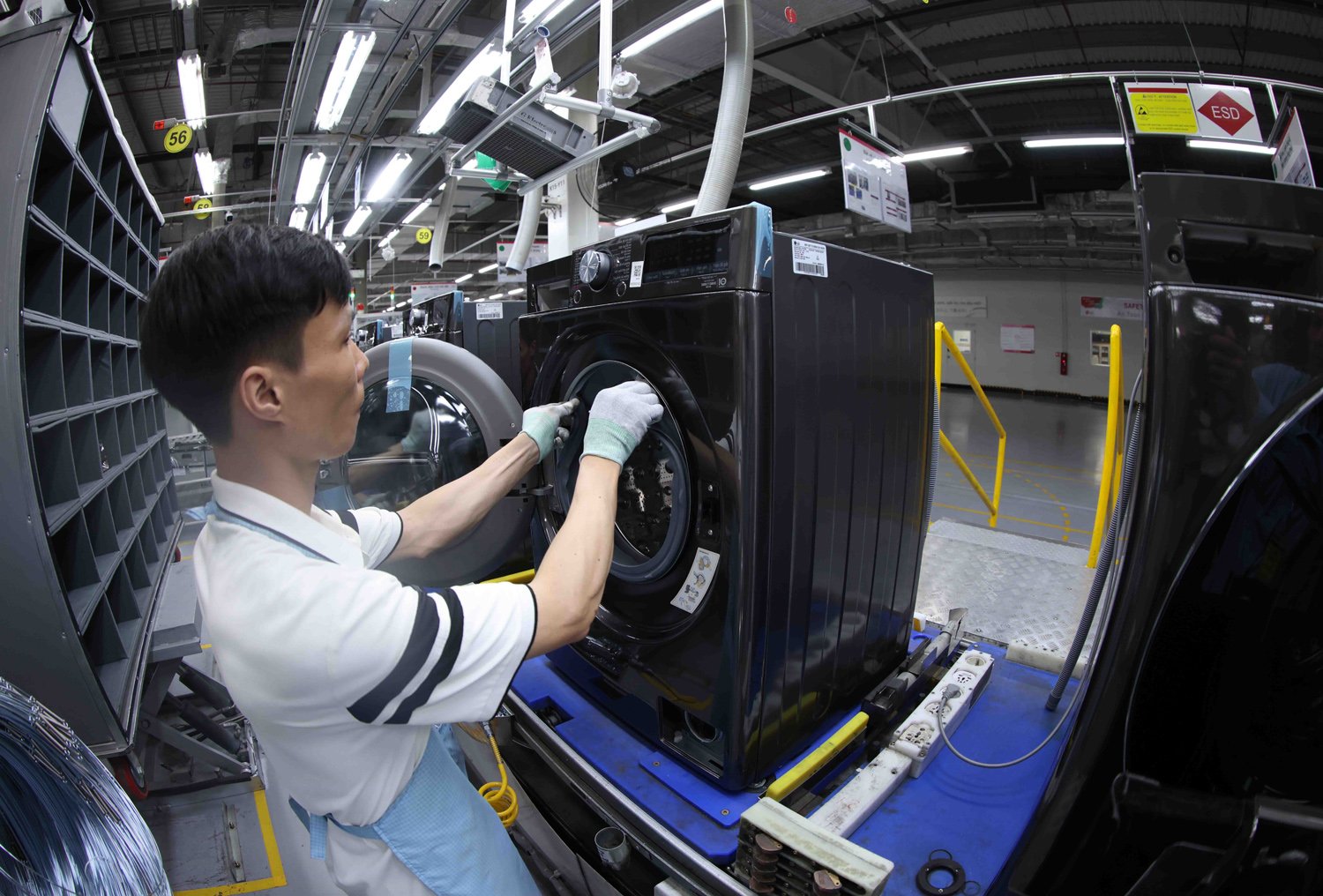
South Korea continues to be the largest foreign investor in Vietnam in recent times. As of February 2025, South Korea ranked first among 147 countries and territories with investment projects in Vietnam, with a total registered capital of 92.1 billion USD and 10,120 valid projects, focusing on important sectors of the Vietnamese economy. Korean enterprises are increasingly actively participating in investment and business activities with Vietnamese enterprises, contributing about 1/3 of the country's total export turnover.
Regarding development cooperation, Korea continues to consider Vietnam a top priority partner, with about 20% of Korea's total development assistance to Vietnam. Currently, Korea is the second largest bilateral ODA donor to Vietnam. In recent years, the total value of Korea's ODA to Vietnam has reached over 500 million USD annually, of which about 90% is preferential loans and 10% is non-refundable aid. Notably, in June 2023, the two countries signed a $2 billion Korea Economic Promotion Fund (EDPF) cooperation agreement, aiming to implement large-scale development investment projects in the fields of transport and urban infrastructure in Vietnam.
Regarding labor cooperation, Korea is one of the largest markets receiving Vietnamese workers. Currently, more than 100,000 Vietnamese workers are working in Korea in various forms, such as the Foreign Worker Permit Program (EPS), seafarers, technical workers in the shipbuilding industry, seasonal workers, etc. In order to ensure the rights and social security of workers of both countries, in 2021, Vietnam and Korea signed a bilateral agreement on social insurance, creating an important legal basis to protect the rights of workers working in each other's territories.
Cooperation in the fields of culture, education, science - technology and innovation between Vietnam and Korea continues to achieve many good results. The two sides have signed many cooperation documents in the fields of culture and education, contributing to promoting people-to-people exchange and human resource training. Regarding science - technology, the two countries have held 9 meetings of the Science - Technology Cooperation Committee, thereby enhancing coordination and implementing specific cooperation programs. Korea regularly provides technical assistance and sends experts to help Vietnam improve its capacity in the fields of high technology, technology development and application, intellectual property, etc.
Local cooperation and people-to-people exchanges between Vietnam and Korea have been constantly developing. To date, more than 80 pairs of localities of the two countries have established cooperative relations, a five-fold increase compared to the number of 15 localities in 2009, when the two countries established a strategic cooperative partnership. People-to-people exchanges are taking place vigorously, with about 200,000 - 300,000 overseas Vietnamese from each country living, studying and working in the other country, including about 80,000 Vietnamese-Korean multicultural families. Korea is also one of the largest tourist markets for Vietnam. 2024 marks the first time that the total number of people-to-people exchanges between the two countries has exceeded 5 million, including 4.6 million Koreans coming to Vietnam and about 600,000 Vietnamese coming to Korea.
Continue to strengthen the cooperative relationship between Vietnam and key partner countries in the Northeast Asia region in depth and effectively.
The orientation of developing foreign relations in depth is based on scientific theory and analysis of practical motivations to promote sustainable international cooperation. In particular, the similarity of strategic interests, political institutions and socio-cultural identities are considered basic factors shaping and maintaining a stable state of cooperation between countries. The convergence of the three factors of interests, institutions and identities not only plays a fundamental role in promoting substantive international cooperation, but also contributes to building and strengthening trust between parties in international relations. In fact, at different levels, these factors have created an important foundation to promote relations between Vietnam and key partner countries in the Northeast Asia region, such as China, Japan and South Korea, to continue to develop in an increasingly deep and substantive direction.
From the perspective of interests , China, Japan and South Korea are all leading economic partners of Vietnam in areas such as investment, trade, development aid, tourism and labor. In addition to the similarity of interests, the relationship between Vietnam and these three countries is also complementary in economic structure. The common need to build new supply chains, as well as the requirement for cooperation to respond to global challenges such as digital transformation, energy transition and protectionism, has increased Vietnam's strategic role in the economic development policies of the above countries. Since then, the intertwining of economic interests between Vietnam and China, Japan and South Korea has become increasingly profound.
Not only that, Vietnam and Northeast Asian countries also share core strategic interests, especially in maintaining a peaceful, stable and cooperative regional and international environment. The parties emphasized the importance of adhering to the fundamental principles of international law, upholding the central role of the United Nations, and committing to resolving disputes by peaceful means. At the same time, cooperation in responding to traditional and non-traditional security challenges, as well as promoting multilateralism and strengthening ASEAN's central role, demonstrates strategic consensus among the parties. These factors not only contribute to shaping the regional security structure, but also enhance the international position and influence of each country in the context of the rapidly changing regional situation.
From an identity perspective , Vietnam, China, Japan and South Korea share many similarities in culture, society and history, and common values of family, community and society. These are factors that lead to greater understanding and closerness between governments, businesses and people - a favorable foundation for Vietnam to develop relations with these countries, especially when compared to Vietnam's relations with countries in other regions of the world. Furthermore, the development of comprehensive relations, especially through people-to-people exchanges and high-level contacts that have been strengthened recently between Vietnam and these countries, has significantly contributed to strengthening mutual understanding on the basis of similarities in interests and identities.
Vietnam's efforts in developing bilateral relations, especially upgrading the framework to the highest level - comprehensive strategic partnership - with China, Japan and South Korea, have contributed to creating necessary institutions, ensuring depth for bilateral relations. These institutional frameworks all have mechanisms to periodically review and evaluate the implementation of relations in all fields to ensure that the relationship develops in the right direction, while creating conditions for effectively exploiting new opportunities, promptly handling differences in interests and issues arising between the parties. In addition, Vietnam, China, Japan and South Korea proactively and actively participate in multilateral, bilateral and regional frameworks (such as ASEAN, ASEAN-led mechanisms, the United Nations, the FTA system, etc.) have contributed to strengthening bilateral relations. Thereby, institutional factors play a role in promoting increased awareness and joint action among parties related to interests.
In summary, the practical relations between Vietnam and key partner countries in the Northeast Asia region, such as China, Japan and South Korea, are vivid evidence of a model of sustainable and in-depth international cooperation, based on the convergence of core elements such as interests, identity, institutions and trust. The interaction between these elements creates a solid foundation to promote bilateral relations to a higher level, with a longer history, a broader scope of cooperation, a higher level of engagement in key areas, as well as the ability to adapt and overcome existing problems and newly arising challenges.
On that basis, raising awareness and promoting the implementation of actions to consolidate the factors of interests, identity, institutions and trust continue to play an important role in building a foundation for sustainable and long-term cooperation between Vietnam and key partners in the Northeast Asia region, such as China, Japan and South Korea. At the same time, this contributes significantly to minimizing factors that may negatively impact national interests and the effectiveness of cooperation between the parties./.
---------------------
* The article is the result of the research of the ministerial-level scientific project “Vietnam's relations with China, Japan and South Korea: Practice and policy orientation to 2030”. Code 01-25/HDKH.
(1) Ho Chi Minh: Complete Works , National Political Publishing House Truth, Hanoi, 2011, vol. 5, p. 256
(2) Documents of the 12th National Congress of Delegates, National Political Publishing House Truth, Hanoi, 2011, p. 153
(3) Documents of the 7th National Congress of Delegates, Truth Publishing House, Hanoi, 1991, p. 147
(4) Documents of the 8th National Congress of Delegates, National Political Publishing House, Hanoi, 1996, p. 120
(5) Documents of the 9th National Congress of Delegates, National Political Publishing House, Hanoi, 2001, p. 161
(6) Documents of the 10th National Congress of Delegates, National Political Publishing House Truth, Hanoi, 2006, p. 38
(7) Documents of the 13th National Congress of Delegates, National Political Publishing House Truth, Hanoi, 2021, vol. I, p. 163
Source: https://tapchicongsan.org.vn/web/guest/quoc-phong-an-ninh-oi-ngoai1/-/2018/1125002/dua-quan-he-cua-viet-nam-voi-cac-doi-tac-chu-chot-o-khu-vuc-dong-bac-a-di-vao-chieu-sau.aspx



![[Photo] Ho Chi Minh City residents show their affection to celebrate the 80th anniversary of the August Revolution and National Day September 2](https://vphoto.vietnam.vn/thumb/1200x675/vietnam/resource/IMAGE/2025/9/3/55d860cbb63a40808e1e74ad9289b132)
![[Photo] National Assembly Chairman Tran Thanh Man meets with First Secretary and President of Cuba Miguel Diaz-Canel Bermudez](https://vphoto.vietnam.vn/thumb/1200x675/vietnam/resource/IMAGE/2025/9/2/c6a0120a426e415b897096f1112fac5a)
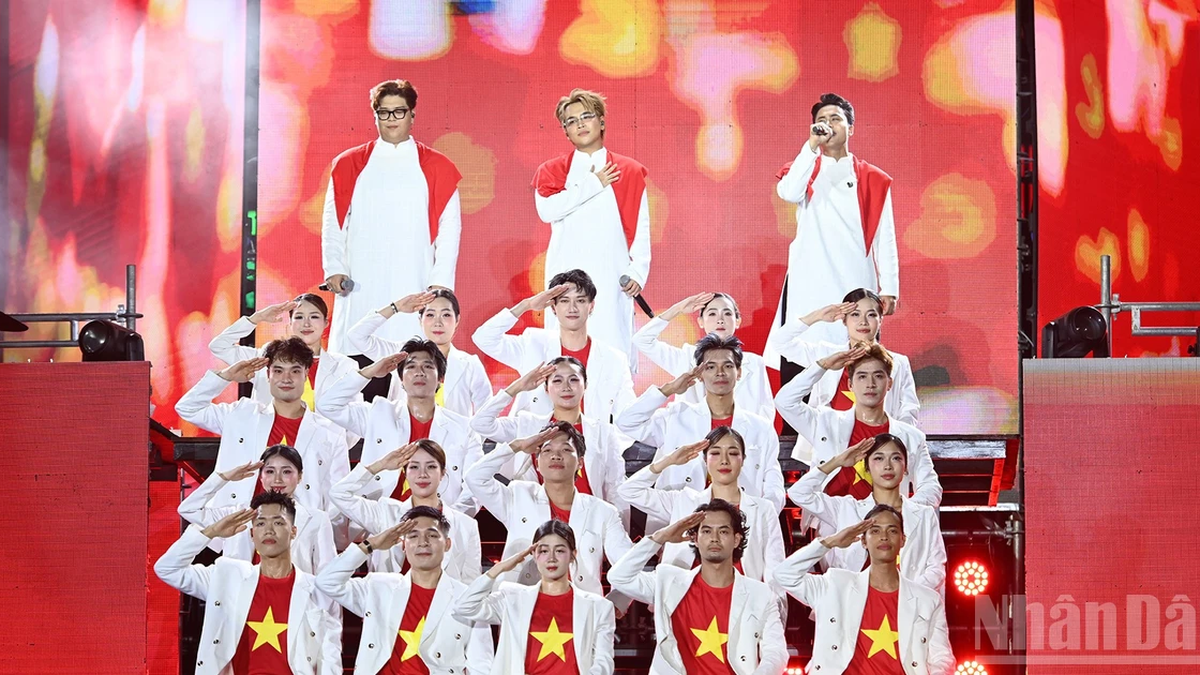
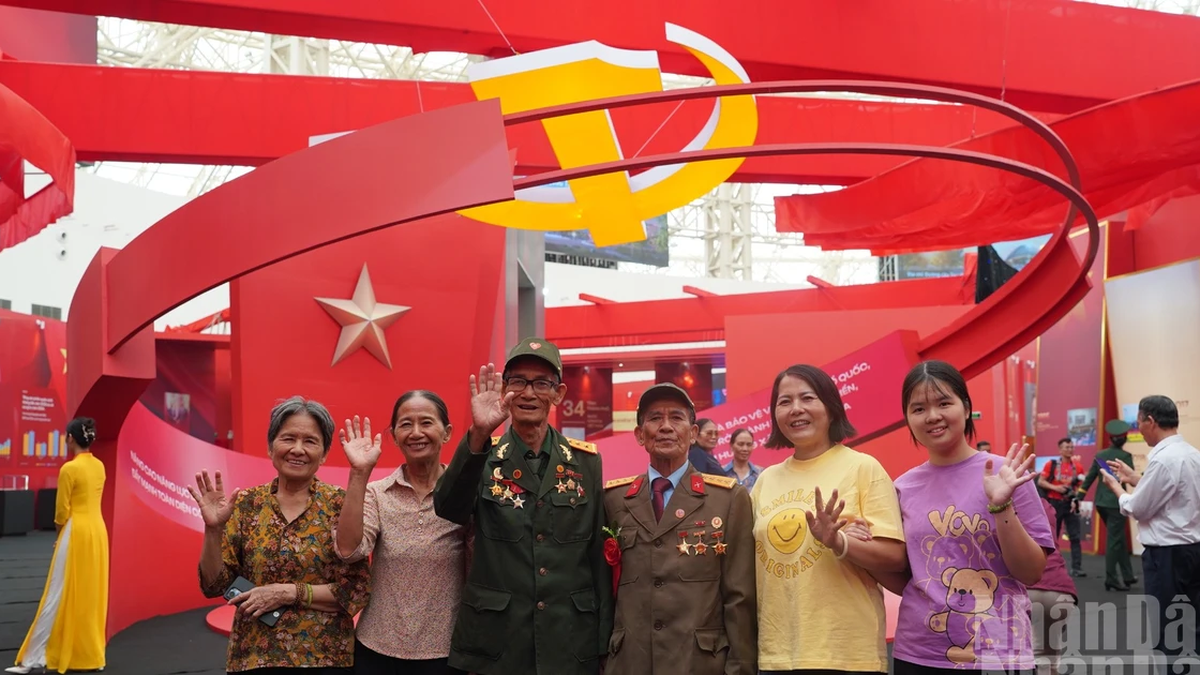
![[Photo] Special art program "Da Nang - Connecting the future"](https://vphoto.vietnam.vn/thumb/1200x675/vietnam/resource/IMAGE/2025/9/2/efdd7e7142fd45fabc2b751d238f2f08)
![[Photo] Lao President Thongloun Sisoulith and President of the Cambodian People's Party and President of the Cambodian Senate Hun Sen visit the 95th Anniversary Exhibition of the Party Flag Lighting the Way](https://vphoto.vietnam.vn/thumb/1200x675/vietnam/resource/IMAGE/2025/9/2/3c1a640aa3c3495db1654d937d1471c8)
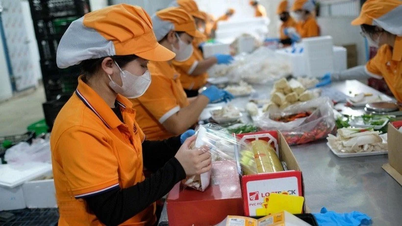





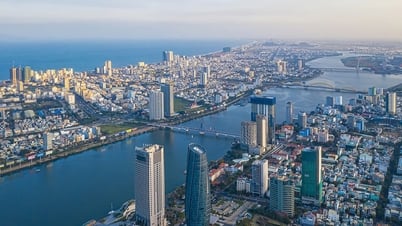

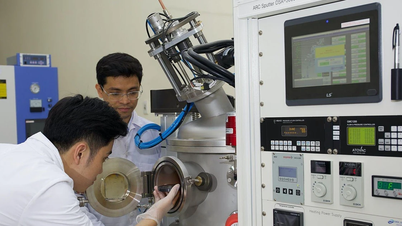

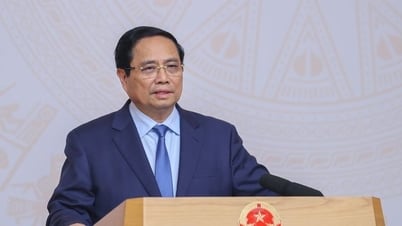

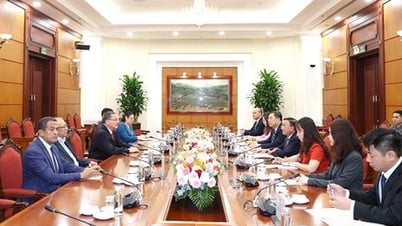


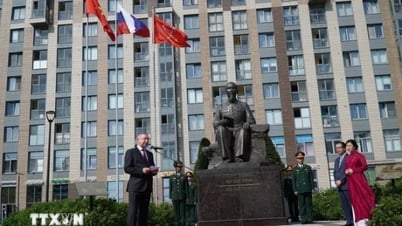



![[Video] Petr Tsvetov: Vietnam is warm and familiar](https://vphoto.vietnam.vn/thumb/402x226/vietnam/resource/IMAGE/2025/9/2/5f0c1739d6c34747b2da4c57cc5dc013)


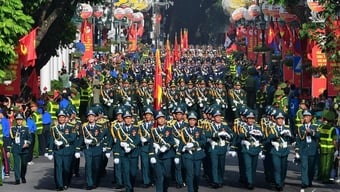


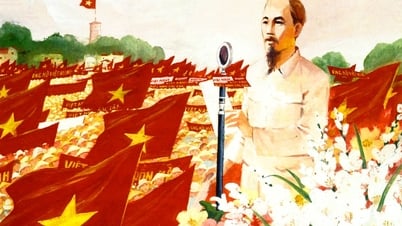
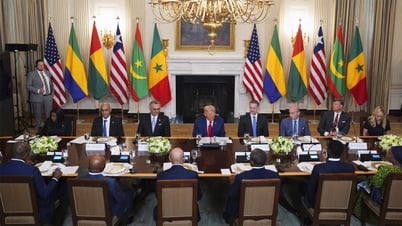








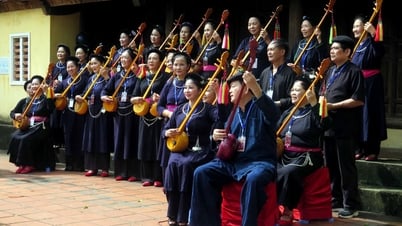

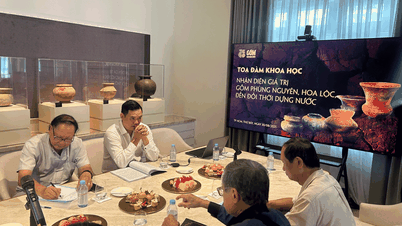
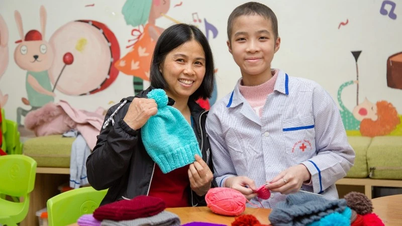








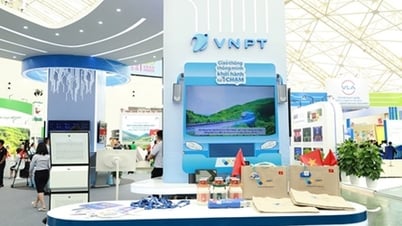






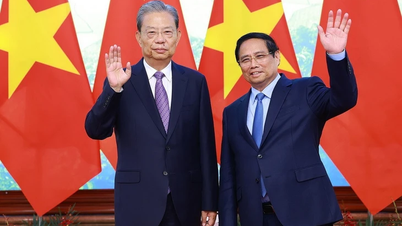
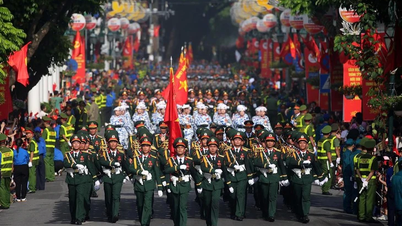

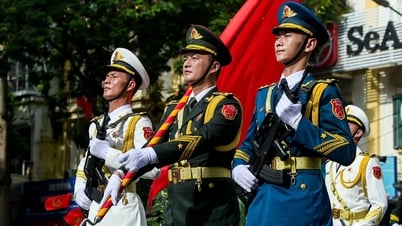

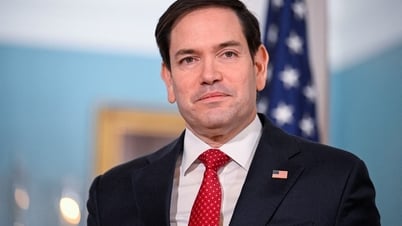

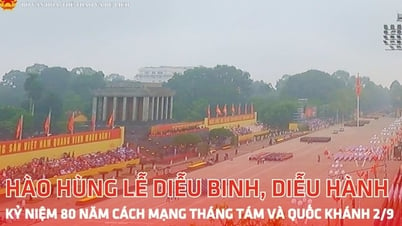

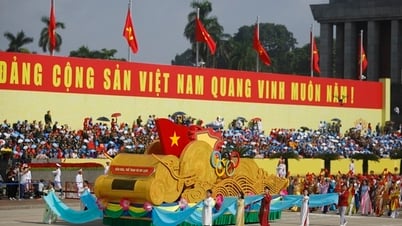

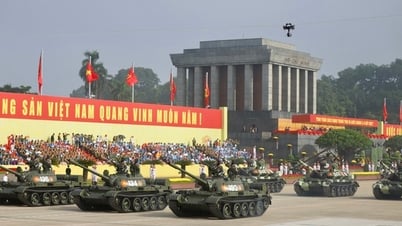
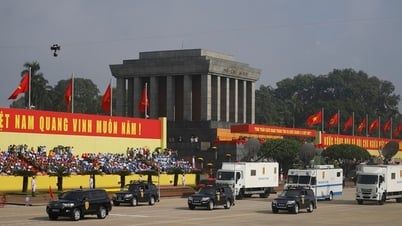



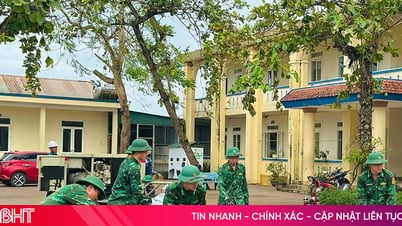
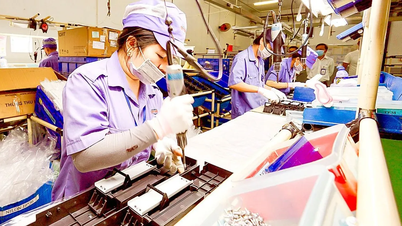

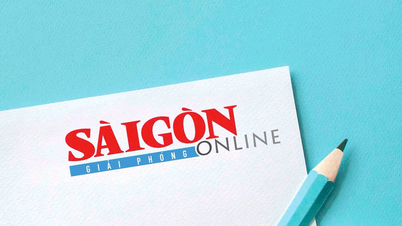
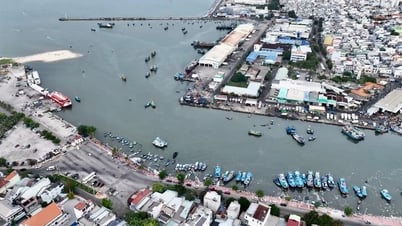




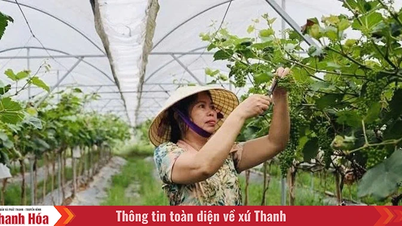

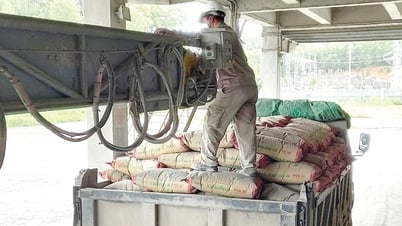



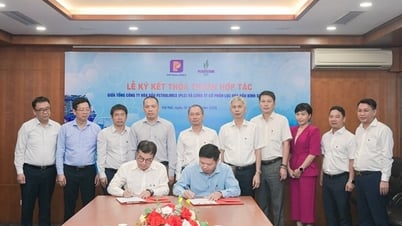

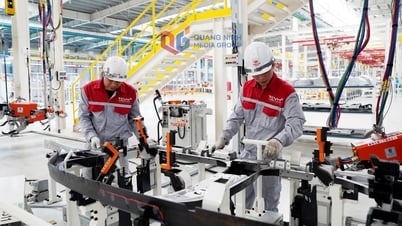

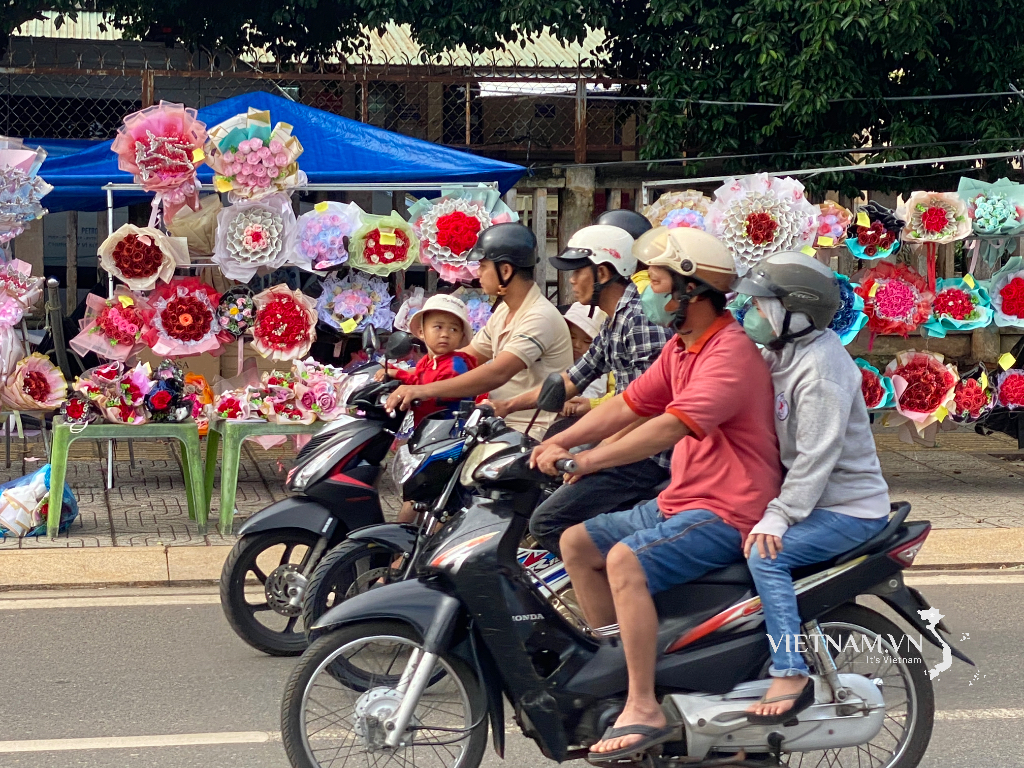

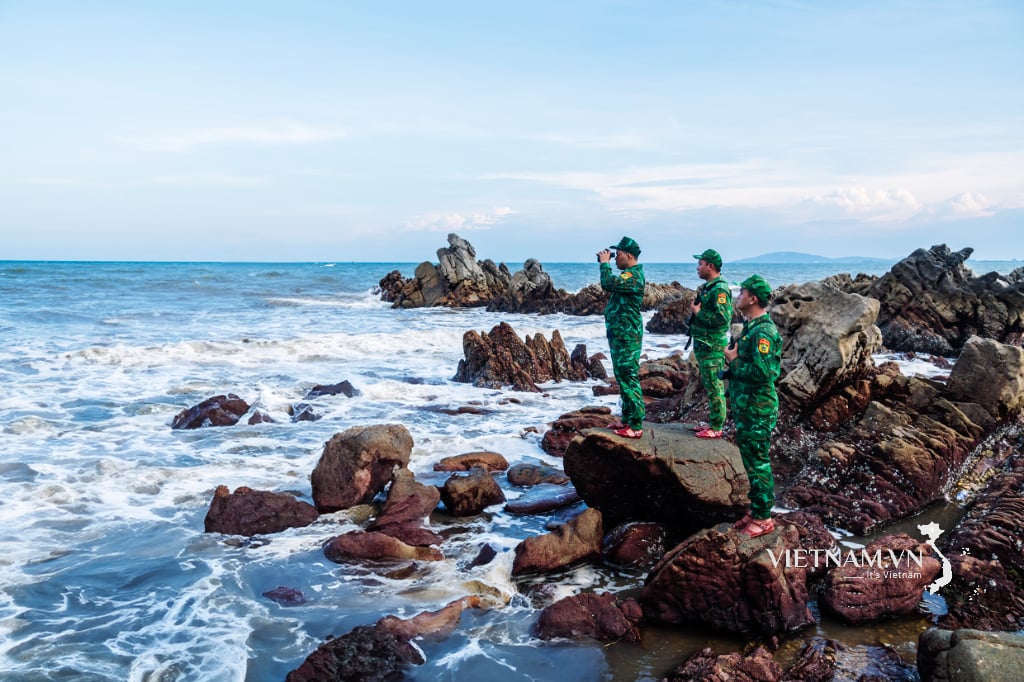

Comment (0)